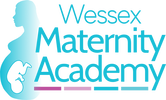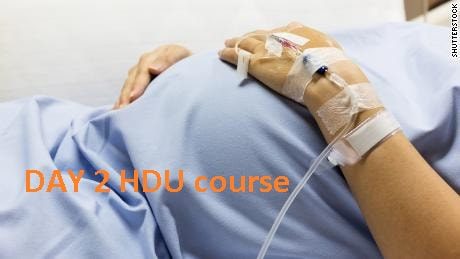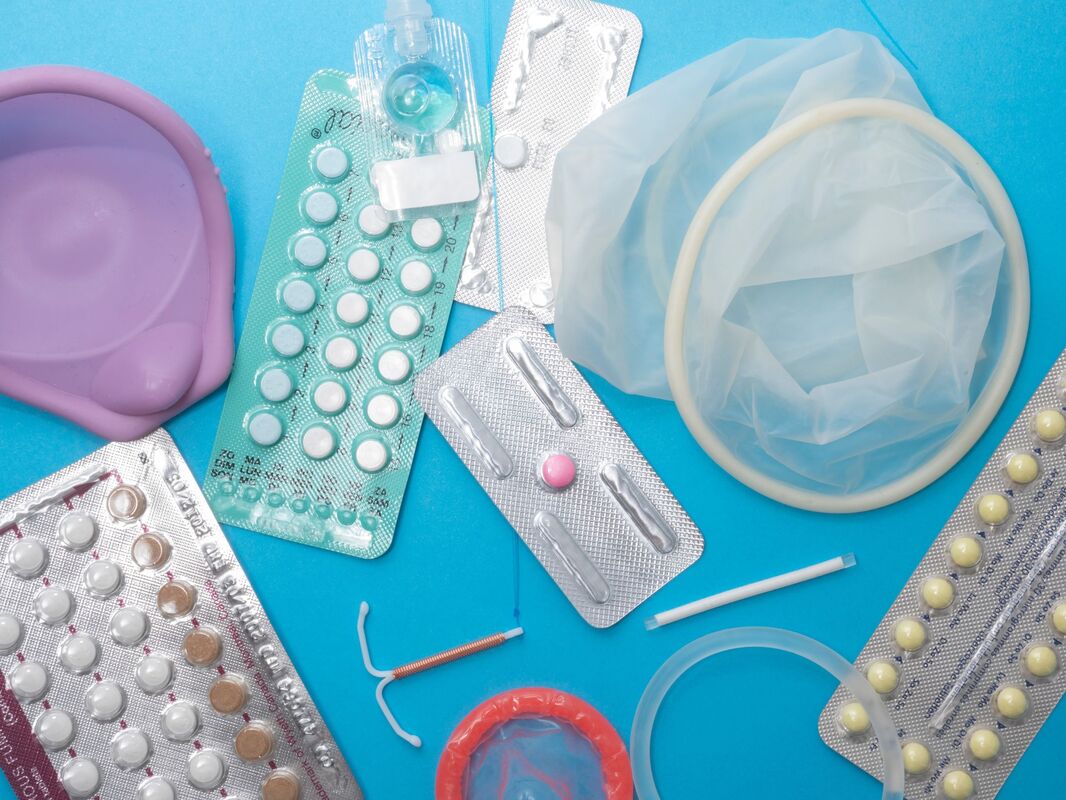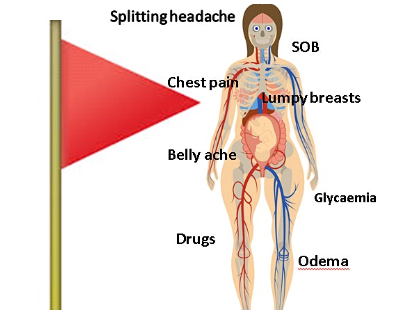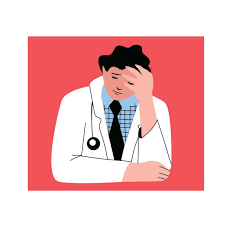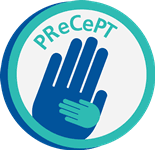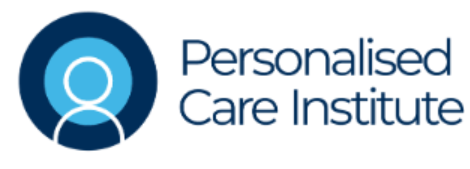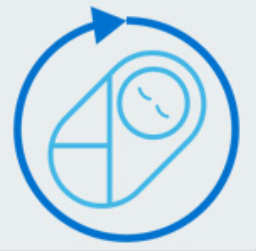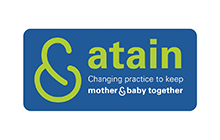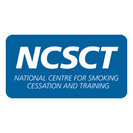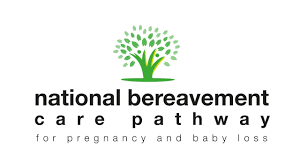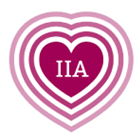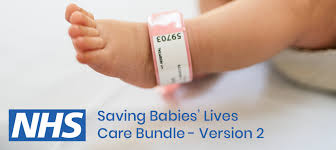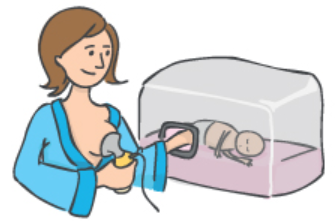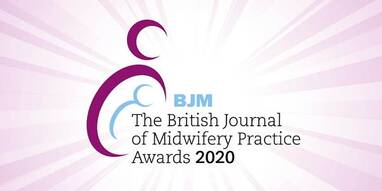Online Learning
For use by maternity staff employed within the Wessex region and not for wider circulation.
An Educational set of videos on Epidurals created by an anaesthetist and midwife educator which aims to provide clarity in the preparation and potential problems encountered.
|
|
|
|
|
|
|
|
|
|
Critical Care day 1- back to basics
Here you will find the resources to accompany the critical care day 1- virtual training day. Presentations Why Caring for Sick Women Matters ABCDE Back to basics- Observations Fluid Balance Commonly Used Drugs used in Maternity High Care Differential Diagnosis Care of Women with DKA and hypoglycaemia Workshops Online evaluations need to be submitted following the day. Click here Pre course quiz and competency booklet |
|
|
|
|
|
|
Critical Care day 2- the next steps
Here you will find the resources to accompany the critical care day 2- virtual training day. Competency document. Click here Online evaluations need to be submitted following the day. Click here Presentations ABG Caring for women with higher levels of PPH Cardiac cycle Invasive monitoring NG tubes Sepsis Why caring for sick women matters |
|
|
|
|
course information
Postnatal Contraception
Please undertake the online learning module
Read the national PGD for progesterone only pill and PGD for depo
Complete the contraception quiz
Below are some useful resources and quick guides
Please undertake the online learning module
Read the national PGD for progesterone only pill and PGD for depo
Complete the contraception quiz
Below are some useful resources and quick guides
| how_to_prescribe_the_progesterone_only_pill_-_lc.docx | |
| File Size: | 117 kb |
| File Type: | docx |
| how_to_prescribe_depo_-_lc_-bp.docx | |
| File Size: | 192 kb |
| File Type: | docx |
| quick_guide_to_condoms.docx | |
| File Size: | 187 kb |
| File Type: | docx |
| contraception-after-having-baby-your-guide.pdf | |
| File Size: | 131 kb |
| File Type: | |
Contraception quiz
Please ensure you have completed the elfh module prior to attempting the quiz.
You can access the quiz by clicking the link or by completing the embedded quiz below.
You have 2 attempts to score 100%. Should you need a third attempt please try again next month.
You can access the quiz by clicking the link or by completing the embedded quiz below.
You have 2 attempts to score 100%. Should you need a third attempt please try again next month.
|
|
|
|
|
|
|
|
|
|
|
|
|
PReCePT
This interactive e-learning resource has been designed for perinatal healthcare professionals to support education around the administration of magnesium sulphate for neuroprotection to mothers in preterm labour. Building on current NICE guidance, and the successful roll out of the national PReCePT programme, this module will guide clinicians through the clinical benefits of administering magnesium sulphate (MgSO4) to mothers who go into labour before 30 weeks gestation. It will provide information on the neuroprotective qualities of this cost-effective and readily available drug, the detail of how it is administered and the positive impact it can have on the lives of neonates and their families.. Click here. |
|
Personalised Care
These free courses are suitable for all health and care professionals, regardless of profession or seniority. Browse the learning list to find something that you’d like to learn about. Choose from short 30 min modules designed to introduce you to a range of personalised care curriculum topics and some deeper dive courses containing several modules. 85% of healthcare professionals recommend these courses. Click here |
|
Maternity Insights- Closing the loop, learning from harm
This NHS Resolution module contains engaging illustrative case studies, and is a learning tool to support clinicians to explore how clinical decisions impact on the quality and safety of maternity care provided, and how the law of negligence applies to clinical claims and decisions. The module is aimed at all maternity staff and it supports learners to understand the Early Notification Scheme. Click here |
|
Cultural Competence
The Cultural Competence elearning tool is made up of three 20-30 minute learning sessions. The purpose of the tool is to support clinicians in the NHS to gain knowledge and understanding of the issues around culture and health; and how this might influence health care outcomes. Being Culturally Competent is not only about respecting and appreciating the cultural contexts of patients’ lives. Neither is it a one-size-fits-all approach – it’s about understanding the way we deliver health care and responding to the needs of our diverse population. Click here |
|
Atain
This elearning programme will help healthcare professionals involved in the care of newborns, both in the hospital and community settings, to improve outcomes for babies, mothers and families through the safer delivery of care. It is one of the outputs from the Atain programme (an acronym for ‘avoiding term admissions into neonatal units’) to reduce avoidable causes of harm that can lead to infants born at term (i.e. ≥ 37+0 weeks gestation) being admitted to a neonatal unit. The elearning programme addresses the key learning needs identified through Atain, with a focus on four key clinical areas:
Click here. |
|
Neonatal Jaundice
National reporting has highlighted an increase in the number of babies being readmitted with hyperbilirubinemia. Neonatal jaundice, caused by the build-up of bilirubin in the blood, is a common condition which is usually harmless, requires no treatment or responds to phototherapy. On rare occasions it can cause brain damage as a result of excess bilirubin leading to kernicterus. Click here to access a webinar on jaundice and the use of biliruibinometers 1 & 2 You can also access the Atain onlline training module for further learning on neonatal jaundice. |
|
Smoking
Pregnancy and smoking cessation. Click here Very brief advice module. Click here E-Cigarettes- a guide for Health Professionals. Click here Very brief advice on second hand smoke module. Click here |
|
Bereavement
This programme has been written to share the elements of good bereavement care. Click here It has been developed by a collaboration of charities, professional organisations and people with first-hand experience to improve bereavement care and reduce variability in care after:
|
|
Intelligent Intermittent Auscultation in Labour
An interactive resource designed to improve the knowledge, skills and confidence of midwives to undertake intelligent intermittent auscultation. Click here |
|
Saving Babies Lives
A Saving Babies’ Lives e-learning programme has been developed to support the delivery of the Saving Babies’ Lives Care Bundle Version Two (SBLCBv2) in maternity units across the NHS. The second version of the care bundle brings together five elements of care that are widely recognised as evidence-based and/or best practice, these are:
|
|
Breastmilk Provision for Preterm and Sick Neonates
This elearning resource has been designed to improve education and training for all relevant staff in the support of breastmilk provision for preterm and sick infants. The programme will also enable health and care professionals to improve breastmilk provision rates at discharge from neonatal units. According to the National Neonatal Audit Programme (NNAP 2020) report, at day 14, 82% of infants under 32 weeks gestation were receiving breastmilk. However, only 58.3% of eligible babies were receiving mother’s milk, exclusively or with another form of feeding, at the time of their discharge from neonatal careThe content is suitable for all professionals who support and work/contribute to improving breastmilk provision:
|
